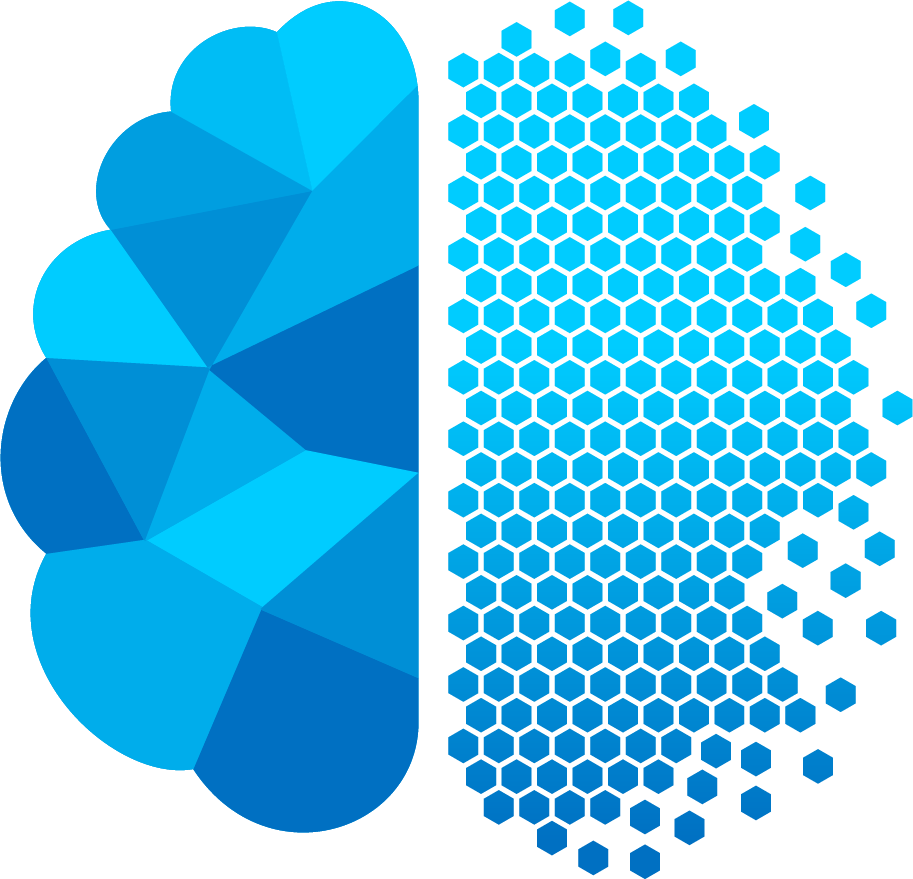Smartphones and reading books – is there a connection?
In 12 Ways Your Phone Is Changing You (a book that will definitely be on the coming Resources page of our website), the author, Tony Reinke says there is, listing as the Number 4 way “We Lose Our Literacy.”
He goes on to say, “Our entire faith is built on a book, and inside that book are 66 smaller books…. Books are a big deal for Christians… Wherever the Gospel has spread, so has literacy.”
If constant digital exposure is affecting our ability to read, it is a big deal.
How Do Smartphones Affect Our Ability to Read Books?
Tony Reinke conducted a non-scientific survey of 8,000 Christians in April 2015, and in 12 Ways Your Phone Is Changing You he gives the results of his research: Almost 40% of respondents reported reading fewer books due to their smartphone usage, about half saw no connection between their smartphone usage and their reading habits, and about 10% testified to reading MORE due to greater connections to other voracious readers who recommended books to them.
Reinke quotes New York Times columnist David Brooks as giving the following analysis: “The slowness of solitary reading or thinking means that you are not as concerned with each individual piece of data. You’re more concerned with how different pieces of data fit together.” (emphasis added)
Brooks gives a name to this type of thinking, crystallized intelligence which he defines as “the ability to use experience, knowledge, and the products of lifelong education that have been stored in long-term memory. It is the ability to make analogies and comparisons about things you have studied before. Crystallized intelligence accumulates over the years and leads ultimately to understanding and wisdom.”
I don’t know about you but this sounds like something valuable. It sounds like the ability to function as a normal human being in the world that God created. It sounds like my ability to focus on the things that I CARE about.
In short, it sounds like my LIFE.
But here’s the problem: This type of thinking is being attacked by the fragmented nature of our ever-more-omnipresent online world.
An Insidious Design
Attacks are usually carried out by design, and this one is no exception. The sheer amount of attention to be grabbed online means that corporations have every incentive to learn the most sophisticated techniques imaginable to capture our attention.
Let’s think about this a little bit more.
When we are reading thought-provoking books and building our crystallized intelligence, we are building our OWN independent empire – empire of course used as a metaphor for ourselves and our lifetime accumulation of knowledge.
(The same could actually be said for spending quality time with real people, come to think of it, but that’s a subject for another day.)
But when we lose our focus surfing the web and scrolling social media, we have begun to do something else. Rather than building our own empires, we have become accomplices in the building of someone else’s structure – usually the empires of tech and social media companies or of any other company whose online ads we are mindlessly consuming.
And, if they are lucky, whose products we are buying whether they’re physical, digital, subscriptions, or otherwise.
In other words, when you’re reading a book and stretching your mind, you’re not making Google and Facebook any money. And Google and Facebook hate that.
Capturing our attention is the necessary missing link – and, like we said, advertisers have every incentive to get better and better at doing that.
Double Damage
First, I should say that in all of this, I am talking only about mindless scrolling, or doomscrolling as it is commonly called. I am NOT talking about purposeful online activities – the host of legitimate things that we do every day.
I am talking about those times when we suddenly realize that our purposeful online activity has been hijacked and our attention stolen and refocused by an ad or a notification that is not meaningful to our lives.
This is damaging in two ways. (1) Every minute building the empires of Facebook and Google means a minute less building our own.
But even more insidious is (2) a constant disruption of our focus slowly destroys our ABILITY to build our own edifice of crystallized intelligence – especially thinking today of our ability to read a great book that stretches our mind by taking us deep into a great idea or a new way of viewing the world.
Our lives are meant to include hours of reading and reflection. But any stream of continual distractions can steal this from us, and never before has the world seen such a ready conduit for these distractions as the smartphone!
What Can We Do?
Most of us are falling into the hands of online manipulators and consuming content mindlessly because it’s being so cunningly served up on our phones.
And we seldom think any more about the effect this is having on the edifice of crystallized intelligence that comprises a good portion of the image of God within each one of us.
For many people, myself included, reading books is harder today than it was 10 years ago (although I can also testify to receiving many wonderful book recommendations and inspiration through online connections).
And I believe the increased difficulty is a result of these exact reasons. First, I allow too many spare moments to be stolen unprofitably by my smartphone and have less time to read.
But secondly, reading a physical book often feels less natural to me than it used to. I also often feel more tension and less ability to relax and absorb the world that the author of a great book is opening to me.
Why is this? I’m not exactly sure, but I know that it is connected to increased digital exposure, and I intend to continue to study and analyze and use what I learn to recover all the ground that I can.
I am determined to build my OWN crystallized intelligence. I hate the double damage that hijaced focus and mindless scrolling inflicts on me, and I intend to resist it at every turn.
Ready to join me?
As always, leave your comments, book recommendations, and anything that has helped you in the fight against digital haze on our Digital Dayz contact page.
P. S. I’ll drop one more book recommendation here. Stolen Focus by Johann Hari is a deep dive into this subject that is well worth stowing your phone for. Much of the book is an expose of how the tech companies accomplish this hijacking of our attention and what we can do about it.





Leave a Reply